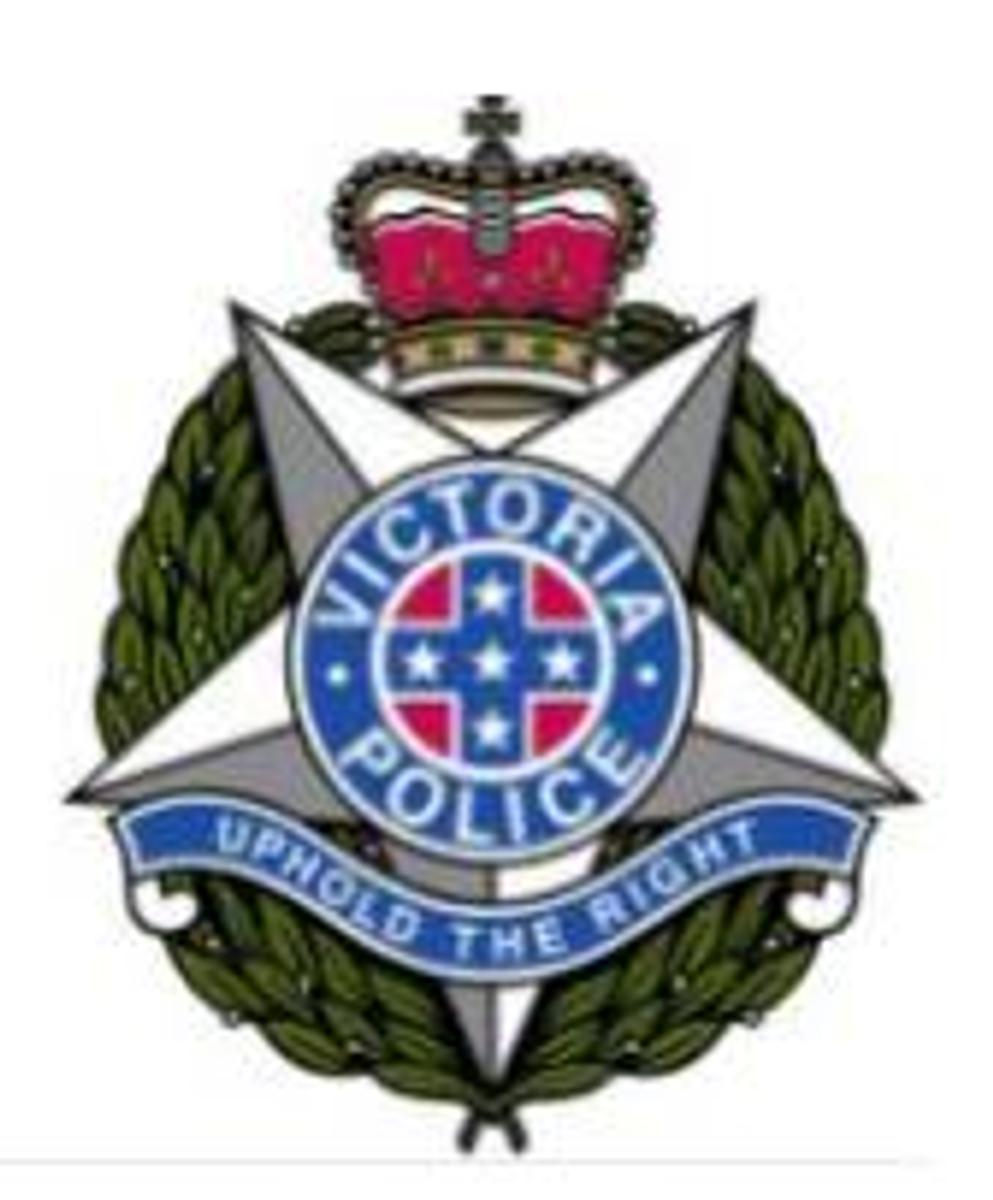Careers News
Mrs. Julia Lewis

Careers News
Mrs. Julia Lewis
Year 10 Work Experience is fast approaching and we need you to get cracking on getting it organised!!
The rules/processes are as follows:
Important dates:
If you have any questions please do not hesitate to contact Mrs. Lewis on julia.lewis@education.vic.gov.au
The Good Careers Guide states that sound technicians operate technical equipment to amplify, enhance, record, mix or reproduce sound in support of performing arts. Sound technicians may work in radio, television and recording studios, or in theatres and other live performance venues. They also often assemble and maintain sound equipment. Sound technicians may be required to work shifts that involve long hours in the evenings and on weekends. They often work under difficult conditions and, when working at outdoor concerts, in variable weather. Numerous institutions in Victoria offer courses leading to a qualification in Sound Technology and Production, as well as Sound Engineering.
A useful website to browse to find out more about such courses is VTAC Course Search.
TAX FILE NUMBER
Any student will need at tax file number if he/she starts work (part-time and full-time) and all students planning on a tertiary education require one when they start. Importantly, current Year 12 students are reminded that they will be requested to provide their Tax File Number (TFN) on enrolment to TAFE or university next year, so it is worthwhile getting an application submitted early! Students must now apply for a TFN online and have their identity verified through an interview at a participating Australia Post office. To apply and also to find out about participating Post Offices, visit Apply for a TFN
The Group of Eight (Go8) is an association of leading Australian universities - comprehensive in general and professional education and distinguished by depth and breadth in research. Find out more about the Group of Eight Universities at Group of Eight Universities.
Quick Facts: • the UCAT (University Clinical Aptitude Test) is a 2-hour computer-based test that assesses a range of abilities identified by universities as important in practicing in the fields of medicine, dentistry, and clinical sciences• the UCAT will be offered on a choice of dates throughout the month of July and early August 2021, rather than on one single date• some pathways to medicine/dentistry/clinical sciences will not require the UCAT and some courses may require another test.
Students are encouraged to browse University Clinical Aptitude Test to find out more
• Browse details about the UCAT test format
• Read the essential Practice Tips to become familiar with the test before preparation
• UCAT practice tests are to assist students familiarise themselves with the type of questions they can expect to see in the test
• Completing practice tests is a vital part of preparation for the UCAT
• Another excellent link to browse is iCan Med - Resources
Australian National University (ANU) launched the Tuckwell Scholarship Program in 2013. The Tuckwell Scholarship Program at the ANU is the most transformational undergraduate scholarship program in Australia. A Tuckwell is not just about a students’ intellect. It is also about their desire and determination to use their natural abilities to realise their full potential so that they can make a difference in the world. All up one could say, this is no ordinary scholarship!
So, Tuckwell Scholar students will receive:
• $22,200 per annum (2020 rate) (increasing with inflation) for each year of their degree, for up to five years, to cover on-campus residential costs, books, and general living expenses
• priority access guaranteed to ANU-approved student accommodation
• an annual allowance of up to $2,000 to assist with their move to Canberra and to support two annual return journeys (e.g., airfares) between their home and the University for each year of their degree. The allowance will be dependent on the proximity of their family home to ANU
. • a domestic economy return airfare, or other transport costs, for their parents to visit at the start of the program, and
• an ANU Fitness Centre membership for the length of their degree.
Scholarships are awarded based on four criteria:
• academic potential and achievements to date;
• other significant achievements to date, of any type;
• demonstration of the Attributes of a Tuckwell Scholar; and
• a desire to eventually give back to Australia.
NOTE: Specific details regarding how to apply for a Tuckwell Scholarship to commence study at ANU in 2022 will be available on this website in early March 2021 - Tuckwell Scholarship.
The Hansen Scholarship Program was first introduced in 2020, and it offers 20 talented students from around Australia a generous package of accommodation, financial support, mentoring and pastoral care.
Eligibility criteria are:
• be an Australian citizen or permanent resident, and be enrolled in an Australian Year 12 or the International Baccalaureate in Australia; or
• have applied for or be the holder of an Australian temporary or permanent protection visa, and be enrolled in an Australian Year 12 or the International Baccalaureate in Australia; or
• be an Australian citizen and be enrolled in an Australian Year 12 or the International Baccalaureate outside Australia
• be aged between 16 and 20 years of age in the year of application
• be on track to achieve a minimum Australian Tertiary Admissions Rank (ATAR) of at least 90 (or the IB equivalent)
• experience financial circumstances that present a challenge to attending The University of Melbourne. (e.g., you or your family receive Centrelink benefits)
Selection is based on:
• Track record of academic excellence and a commitment to academic success in university studies
• Demonstrated ability to achieve success in the face of adversity and overcome obstacles
• Demonstrated ability to apply skills and strengths towards activities which benefit others • Demonstrated ability to work effectively in a team and lead those around you
• Likelihood of thriving
Applications have opened and will close on 11 March 2021. When an application form is submitted, the nominated academic referee will be invited to respond to referee questions via our online portal, academic referee responses due 18 March 2021. All applicants will be notified of results of the written application by May 2021. Find out more at The Hansen Scholarship
The Australian and New Zealand Policing Advisory Agency (ANZPAA) states that forensic science (or forensics) is the use or application of a broad spectrum of sciences in court or during legal proceedings. Forensic science is not a discipline or branch of science but is a catch-all for many distinct disciplines that may be used to help in the determination of a court case, either civil or criminal. While forensic science is often seen as focusing exclusively on law enforcement, forensic science can be applied in many areas of the community and industry where the skills of a scientist need to be applied to a problem and the outcome may be presented in a court of law. However, forensic or investigative scientists are also used by private laboratories and insurance companies.
There are various forensic science disciplines –
• Field Science where crime scene investigation is priority
• Laboratory Services activities include chemistry, biology, toxicology, illicit drug, document, marks, impressions analysis and computer crime
• Forensic Medicine includes pathology, psychiatry, psychology, forensic medicine, mortuary services, odontology, anthropology, and entomology
• Digital Evidence includes computer forensics, audio video analysis, speaker, and face comparison.
Forensic science is a fascinating and rewarding career where the love of science can be applied to the good of society, public health, and public safety.
To become a Forensic Scientist, a good degree in science or medicine is essential. There are a number of specific undergraduate and post-graduate programs in forensic science available in Australia.
The National Forensic Science Technology Centre (USA) provides an excellent overview of many of the topics associated with forensic science, and students are encouraged to browse - A Simple Guide to Forensic Science.
Victoria Police are the primary law enforcement agency in Victoria.
There are different areas that you may be interested in pursuing:
▪ Police Officer
▪ Protective Services Officer


▪ Police Custody Officer
▪ Victorian Public Servant
To view the different roles, careers and recruitment processes take a look at the videos at https://www.youtube.com/results?search_query=victoria+police+recruitment
According to the Rail Career Pathways website, there are two main areas of rail: Passenger Transport and Freight Transport.
Passenger Transport
Rail and light rail (trams) in Australia and New Zealand employs approximately 20,000 people with the specific focus on transporting people. Over the last few years there has been an increase in people using trains and trams due to the increases in the cost of petrol and other costs associated with passenger vehicles such as parking and time spent in traffic jams.
Freight Transport
Freight transport involves trains carrying heavy loads and sometimes travelling long distances transporting freight. There is increasing pressure for freight to be moved by rail, rather than on the road, due to road transport congestion and safety and environmental concerns. Freight trains regularly transport iron ore and coal.
The rail industry employs thousands of people across a very broad range of jobs. One often only thinks about train drivers, but there are so many more rail jobs - from accountants to engineers to technicians to timetable officers to graphic designers.
The rail industry offers rewarding career opportunities in a variety of disciplines including:
Engineering
Trades and Construction
Customer Service
Business / Corporate / Human Resources


Safety and Environment
Graduates / Apprenticeships
Operations
Students are encouraged to browse a – z of rail jobs to find out more.